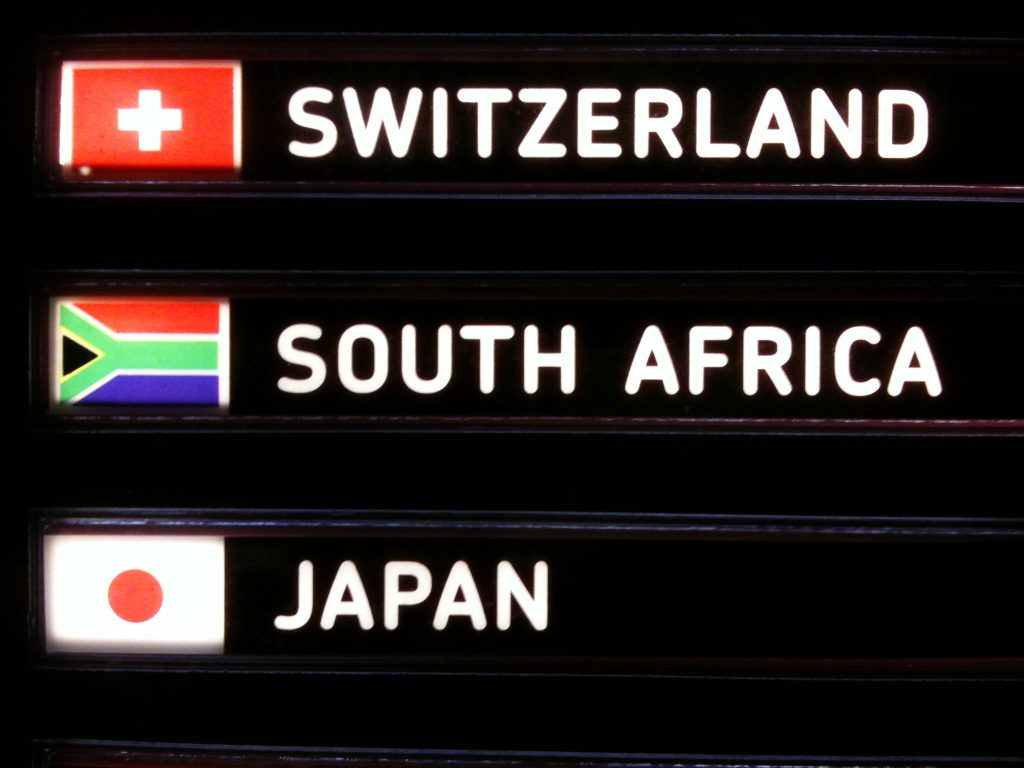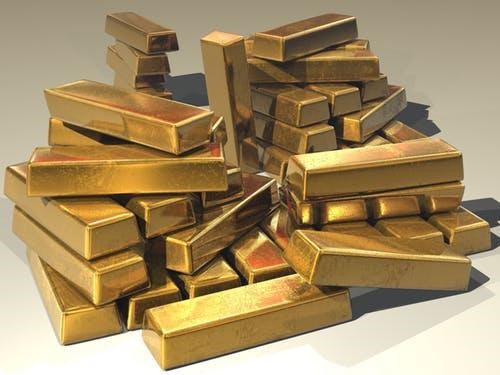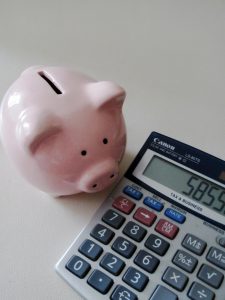The Forex market has produced some of the most successful traders in the world over, since its inception. With most professional traders earning big, it comes as no surprise that there are some traders who have far exceeded others in terms of incredible results and consistency over their career. A select few have even reached international stardom, who have left their footprints in the investment industry.
A lot of these individuals offer guidance and inspiration for other traders who look to improve their results. They often take meticulous risks leading by example on how a forex trader should function and plan. This article aims to present five of the most successful forex traders in the world at the moment.
- Stanley Druckenmiller: Hailing from a middle-class suburb in Philadelphia, Stanley Druckenmiller started out his journey in 1977 as a bank management trainee. He formed a company after four years called Duquesne Capital. He then gained attention and success for managing George Soros’ money, another big, internationally known trader. He worked as the lead portfolio manager for Quantum Fund from 1988 to 2000.
- Andrew Krieger: Andrew Krieger is another successful trader having joined Banker’s Trust after leaving Solomon Brothers in 1986. He immediately became known as a successful trader and got rewarded by the company by having his capital limit increased to $700 million. This was significantly more than the standard $50 million limit allotted. These turn of events were to help him find a perfect position to profit from during the 1987 market crash known as “Black Monday”.
- George Soros: As mentioned before George Soros is an internationally famous forex trader, born in 1930. After escaping Hungary which was occupied by the Nazi administration at that point, Soros began his financial career at London based Singer and Friedlander in 1954. After working at a series of financial firms , he established Soros Fund management in 1970, which would go on to generate $40 billion in profits over the next 5 decades.
Soros rose to international fame after netting a profit of over $1 billion after short selling $10 billion worth of GBP. He became known as the trader who broke the Bank of England. He is also included in the list of the 30 wealthiest individuals in the world. - Bruce Kovner: Born in Brooklyn, New York in 1945, Bruce Kovner didn’t even initiate trading till 1977. At age 32, he borrowed against his personal credit card, buying soybean futures contracts, netting a $20,000 in the process. After joining the Commodities Corporation as a trader, he booked millions in profits, gaining a solid industry reputation. Bruce Kovner founded the Caxton Alternative Management company in 1982. It has since grown into one of the world’s most successful hedge funds, with an estimated $14 billion in assets.
- Bill Lipschutz: Bill Lipschutz started his trading journey while attending Cornel University in the 70s. He started his success by turning $12000 to $250,000. He learnt a hard lesson on risk management after he lost his entire stake after a poor trading decision. After learning the lessons, he migrated to Solomon’s newly formed foreign exchange division. He became an immediate success, earning an estimated $300 million per year for Solomon by the end of 1985. From 1995, he has held the director of portfolio management position at Hathersage Capital Management.
Using IQ Options for Trading
All the above traders started from somewhere, overcoming various obstacles to become what they are today. They provide the inspiration required to many small scale traders to dream big and achieve profits. For that, they need a reliable broker they can trust.
IQ Option- a safe and trustworthy broker for trading Forex, is a multi-asset brokerage platform that offers several classes of tradable assets and instruments. It offers a mix of Stock CFDs, forex CFDs, stock CFDs, and cryptocurrency CFDs along with binary and digital options, all under a single platform.
IQ Option is registered at Cyprus, regulated under the Cyprus Securities and Exchange Commission. It is available in 213 nations around the world, requiring a minimum deposit of only $10 and minimum trades at $1. IQ Option also offers a demo account where traders can try out the platform before diving into the real-time trading environment.
Conclusion
The article names and discusses in brief, some of the most successful forex traders in the world, which constantly being updated with success stories from around the world.






